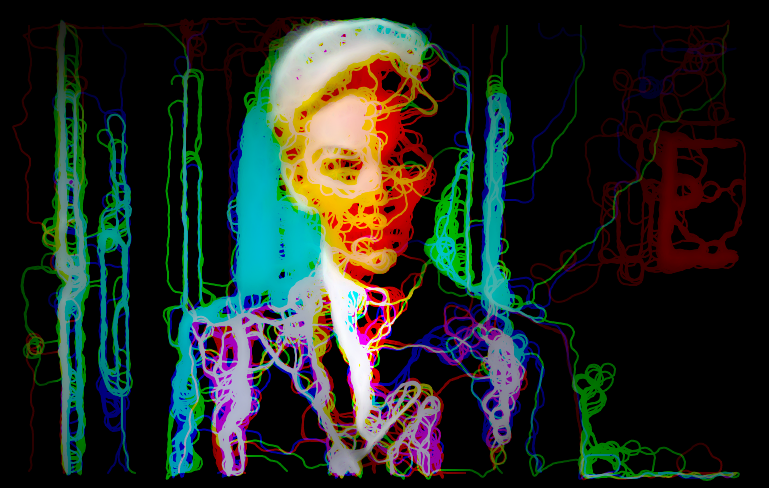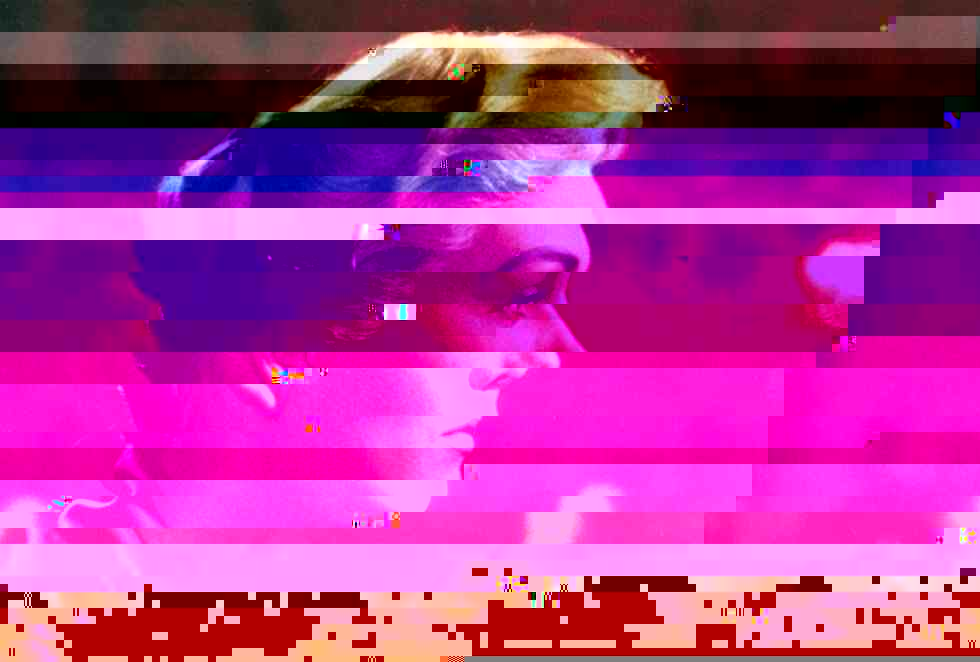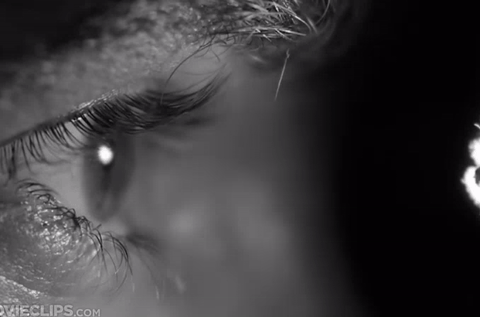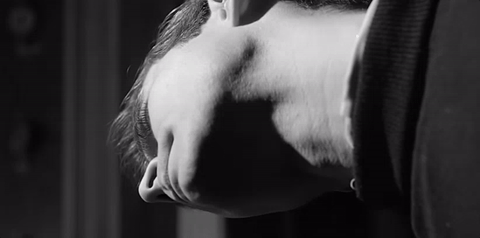This Q&A is the first in a series to highlight the five 2016 Digital Humanities Summer Faculty Workshop Projects sponsored by the Alice Kaplan Institute for the Humanities (AKIH), and co-organized by Northwestern University Libraries (NUL) and the Weinberg College of Arts & Sciences’ Multimedia Learning Center (MMLC). Each summer five faculty projects are chosen for their role in developing digital humanities pedagogical and research projects with meaningful roles for students.
First up is Dr. James Hodge and his project "Video Editing for Ordinary Media Analysis." The idea of his project was to expand students' senses of film analysis by having them make animated .GIFS, supercuts, and glitch works based on classic films like Psycho and Vertigo.
I recently caught up with Dr. Hodge to see how his project has been going over the past nine months…
Q: Since the summer workshop, how has your project evolved?
JH: My actual assignments didn't change much from the summer to today. After teaching the assignments, I do have a clearer sense of students' feelings about doing this kind of work.
Supercut example by Lily Himmelman, shows the use of extreme long shots in the film North by Northwest.*
What was the students’ feeling about doing this kind of work?
The student reaction has been very positive. Many students report feeling more attentive to the artfulness of cinema, the sense that each shot is meticulously planned, engineered, and purposefully cut together with other shots to form a larger whole. One of my chief goals in teaching this course has been to convince students that the analysis of form is a powerful means to grasp how artistic forms convey emotions and ideas. So, I feel this approach has been successful.
Supercut example by Nicholas Quinones shows all the uses of the name "Kaplan" (a non-existent character) in North by Northwest.*
Was there anything about the project work and the student involvement that surprised you?
The most surprising aspect of these projects was how much I learned from the students about several films I felt I already knew quite well. Working through these video projects kind of evened the playing field. It gave a sense of everyone learning about these films together through his or her own individual interests, not just accepting what I thought was most important. Students had a greater chance to take charge of their own learning.
Glitch example by Luke Holey created to examine the multiple dimensions of the female protagonist in Vertigo.*
How do you feel that your approach to the course’s material has changed as a result of the project?
After teaching these projects I feel more confident incorporating creative or hybrid creative/analytical assignments into my pedagogy.
Glitch example by Ryan McGannon created to dismantle the male gaze in Vertigo.*
What Northwestern departments or teams did you work with on the project?
I've collaborated with the Alice Kaplan Institute for the Humanities and the Multimedia Learning Center. Danny Snelson and John Bresland have been especially inspiring and helpful.
.GIF example by Lily Himmelman to show the micro-movements of staring in Psycho.*
What do you see as the benefit to humanities instruction as it moves into a more digital realm?
The single greatest benefit of the digital humanities is to expand and enhance what we already do well. In the humanities we marshal formal, theoretical, and historical forms of evidence in the service of crafting contestable and persuasive arguments. The creative use of digital technologies allows us to manipulate texts themselves in order to understand how they work, how we see them, and how we might think about them anew. I see creative making assignments as working hand in hand with more traditional analytical writing assignments in order to give students an enhanced sense of agency for thinking through humanistic texts, objects, and problems.
.GIF example by Ryan McGannon to emphasize odd perspectives and camera angles in the portrayal of "abnormality" in Psycho.*
Faculty proposals are now being accepted for the 2017 Summer Workshop. Proposals are due April 7, 2017, and should be submitted to Tom Burke, Assistant Director of the Alice Kaplan Institute for the Humanities: thomas.burke@northwestern.edu. For a full list of the requirements, please visit the Digital Humanities Summer Faculty Workshop website.
*Examples of student work used with permission.




